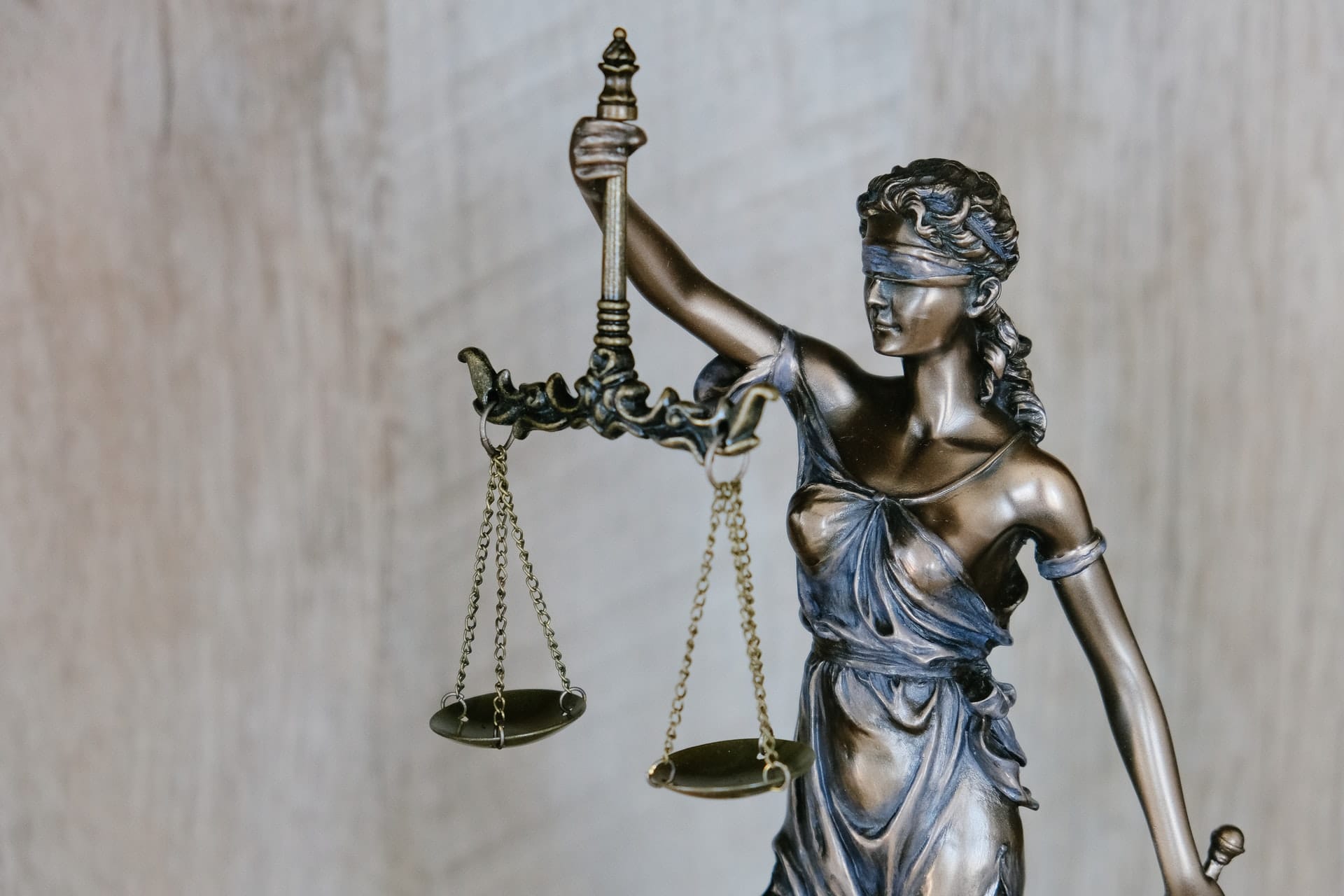
28 Jun Fifth Amendment Right Against Self-Incrimination
When a person is arrested they are read the Miranda Warning. In addition to having the right to an attorney, individuals have the right to remain silent and not incriminate themselves. Before the landmark case of Miranda v. Arizona, this right against self-incrimination was only applied through the 5th Amendment to a defendant being questioned in the courtroom.
What Does the Fifth Amendment Say?
The Fifth Amendment to the U.S. Constitution addresses a number of major rights pertaining to criminal and civil legal proceedings. Among them are due process of law, double jeopardy, and protections against self-incrimination. Specifically, it states that “[No person]…shall be compelled in any criminal case to be a witness against himself…”
In other words, if by testifying in court your words incriminate you, you can choose to decline the line of questioning by saying something like, “I invoke my privilege against self-incrimination under the fifth amendment to the US Constitution. On that ground, I will not answer that question.”
When Should a Defendant Invoke Their 5th Amendment Right?
It is unlikely that a defendant would take the stand not knowing whether their case strategy is to plead the fifth. However, in some instances, individuals are subpoenaed and forced to appear in court to testify. If they wish to, they may plead the fifth. When you hire an experienced criminal defense attorney to represent you, he/she will see ten steps ahead and advise you when to plead, if the time comes.
Does Pleading the Fifth Imply Guilt?
Contrary to popular belief, pleading the fifth does not imply the guilt of the party in question. Often, attorneys advise their clients to plead the fifth, believing that the testimony of their client might be misunderstood, or their words may be used against them. Once a defendant is up on the stand, it is the prosecution’s job to prove guilt. And they will stop at nothing to piece the facts and physical evidence together in order to attempt to incriminate. Pleading the fifth is not only a defense strategy, but also exists to protect the defendant from perjuring themselves as well.
But what about the jury? Won’t they interpret the silence of a defendant as guilt? In the 2001 case Ohio v. Reiner, the U.S. Supreme Court held that, “A witness may have a reasonable fear of prosecution and yet be innocent of any wrongdoing. The [Fifth Amendment right against self-incrimination] serves to protect the innocent who otherwise might be ensnared by ambiguous circumstances.” This ruling, therefore, prohibits jurors from taking guilt into consideration when a defendant to pleads the fifth.
Criminal Lawyer in Phoenix
If you or a loved one ever find yourselves in need of a criminal defense attorney in Arizona, look no further than Todd Coolidge. His 25 years as a criminal law specialist mean that his knowledge of trial law is rock solid, and his experience in winning cases is proven. Contact Coolidge Law Firm today and let us discuss a possible defense for you. And remember, you have the right to remain silent, the right to an attorney and the right against self-incrimination. When in doubt, call an attorney.
Images used under creative commons license – commercial use. Photo by Tingey Injury Law Firm on Unsplash (6/28/2020)




